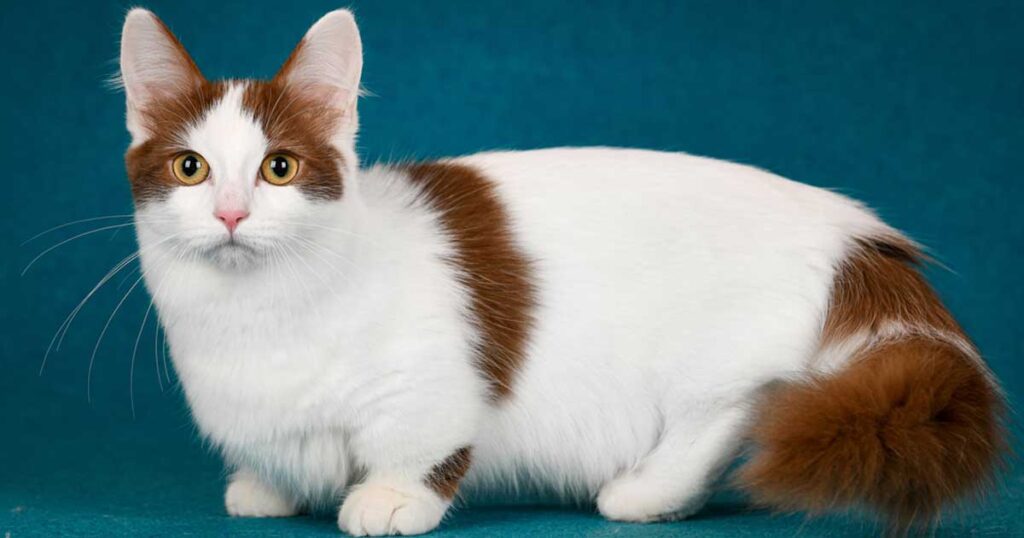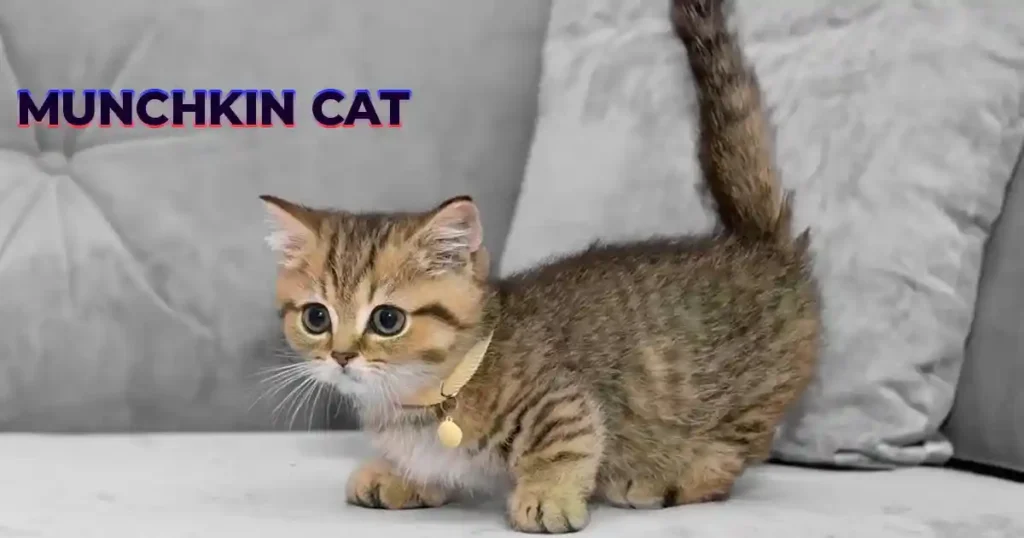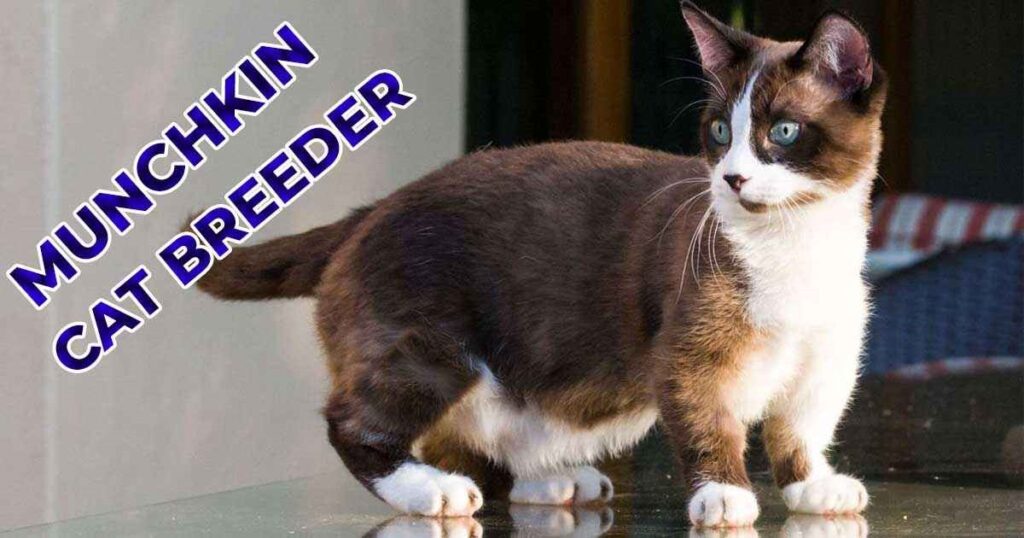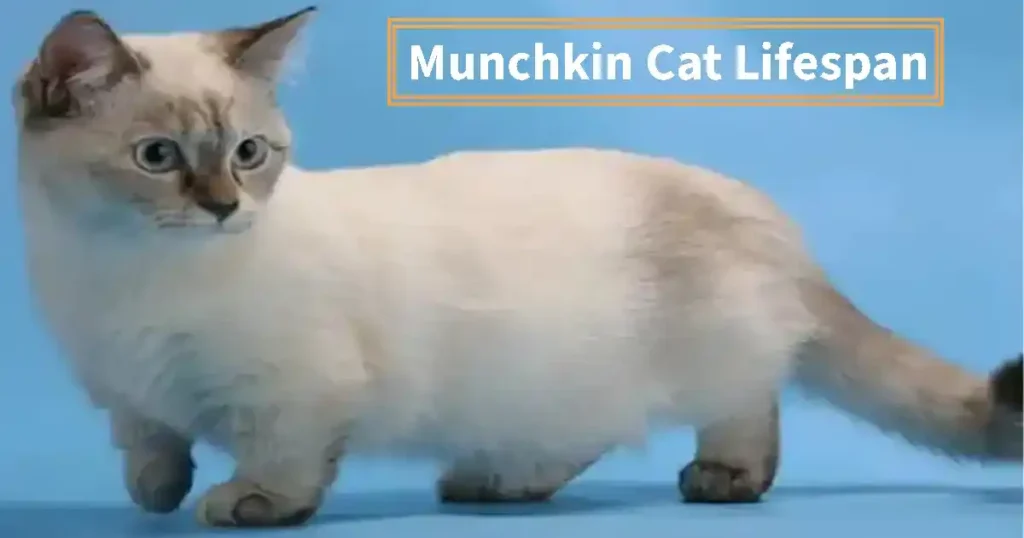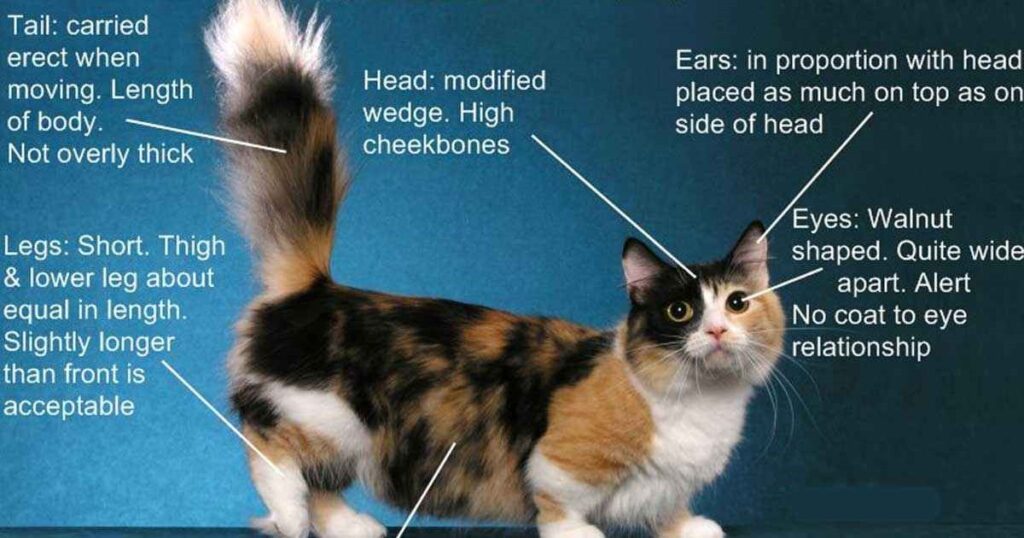Munchkin cats with their adorable short legs and playful personalities have become internet sensations. But there’s more to these tiny-legged felines than just cuteness they’re a unique breed with specific needs and controversies. Whether you’re considering adoption or simply curious, this guide covers everything from their genetic origins to health risks, helping you decide if a Munchkin cat is the right pet for you.
These cats come in all shapes and sizes fluffy hairless, or even mixed with breeds like Persians and Bengals. Despite their small stature they’re energetic, affectionate and surprisingly agile. However their breeding is debated with critics arguing that their short legs can lead to health problems. We’ll break down the facts so you can make an informed choice.
From their quirky behavior to ethical concerns, this article leaves no stone unturned. You’ll learn about their lifespan, care tips, and even where to find one responsibly. Ready to dive into the world of Munchkin cats? Let’s get started!
✔ Unique Breed: Short legs due to a natural genetic mutation.
✔ Variety: Comes in different coats (fluffy, hairless) and mixes (Bengal, Persian).
✔ Personality: Playful, social, and great with families.
✔ Health Risks: Prone to joint/spine issues—responsible breeding is crucial.
✔ Ethics: Controversial—some countries ban their breeding.
✔ Cost: $800–$3,000 from breeders; adoption is rare but cheaper.
The Complete Guide to Munchkin Cats: Care Health and Controversy
Munchkin cats, with their adorable short legs and playful personalities, have captured hearts worldwide. But beyond their cuteness they come with unique needs and ethical considerations. This guide covers everything you need to know from breed traits to health risks helping you decide if a Munchkin cat is right for you.
We’ll explore their origins behavior common size health issues and care tips while addressing the ethical debate surrounding their breeding. Whether you’re considering adoption or just curious this article provides balanced, expert-backed insights in a clear engaging way.
What Is a Munchkin Cat?
Munchkin cats are a naturally occurring breed known for their short legs, caused by a genetic mutation affecting bone growth. Unlike dogs with similar traits (like Dachshunds), their spines remain unaffected, allowing normal mobility.
They were first officially recognized in the 1990s but gained viral fame in recent years due to their unique appearance.
These cats come in all coat types short-haired long-haired and even hairless (when mixed with Sphynx). Despite their small stature they have normal-sized bodies and weigh between 5-9 lbs. Their playful, affectionate nature makes them popular pets, though their breeding remains controversial.
Key Facts:
✔ Short legs due to a dominant genetic mutation
✔ Recognized by TICA but banned in some countries
✔ Not a “miniature” breed—just shorter legs
✔ Lifespan: 12-15 years (with proper care)
✔ Fully functional—can run, jump (just not as high)
Munchkin Cat Breeds & Variations
While “Munchkin” refers to the short-legged trait they can be mixed with other breeds, creating fascinating hybrids. The most common mixes include Persian Munchkins (flat-faced), Siamese Munchkins (vocal), and Bengal Munchkins (spotted). Each mix brings distinct looks and temperaments.
Rarer varieties include the Lambkin (curly fur), Minuet (Persian mix), and Skookum (wavy coat). These are harder to find and often more expensive. Non-standard Munchkins have slightly longer legs but still carry the gene.
Popular Munchkin Mixes:
| Breed Mix | Key Traits |
|---|---|
| Scottish Fold Munchkin | Folded ears, round face |
| Sphynx Munchkin | Hairless, wrinkled skin |
| Ragdoll Munchkin | Blue eyes, docile personality |
| Bengal Munchkin | Leopard-like spots, high energy |
| Exotic Shorthair Munchkin | Plush coat, squished face |
From fluffy Persians to exotic Bengals, Munchkin hybrids offer endless variety—but always prioritize health over looks.
Munchkin Cat Personality & Behavior
Munchkins are playful, social, and highly adaptable, making them great for families. Their short legs don’t slow them down they love chasing toys, climbing cat trees (low ones!) and even playing fetch. They’re known for their curious kitten-like energy well into adulthood.
These cats thrive on human interaction and get along with kids, dogs, and other pets. Some owners describe them as “dog-like” due to their loyalty and tendency to follow people around. However they can be stubborntraining requires patience and treats!
Behavior Traits:
✔ Affectionate – Loves cuddles and lap time
✔ Playful – Enjoys interactive toys and puzzles
✔ Intelligent – Can learn tricks (like sit or high-five)
✔ Vocal – Some mixes (like Siamese) are chattier
✔ Adaptable – Does well in apartments or houses
Munchkins may have short legs, but their big personalities make them unforgettable companions.
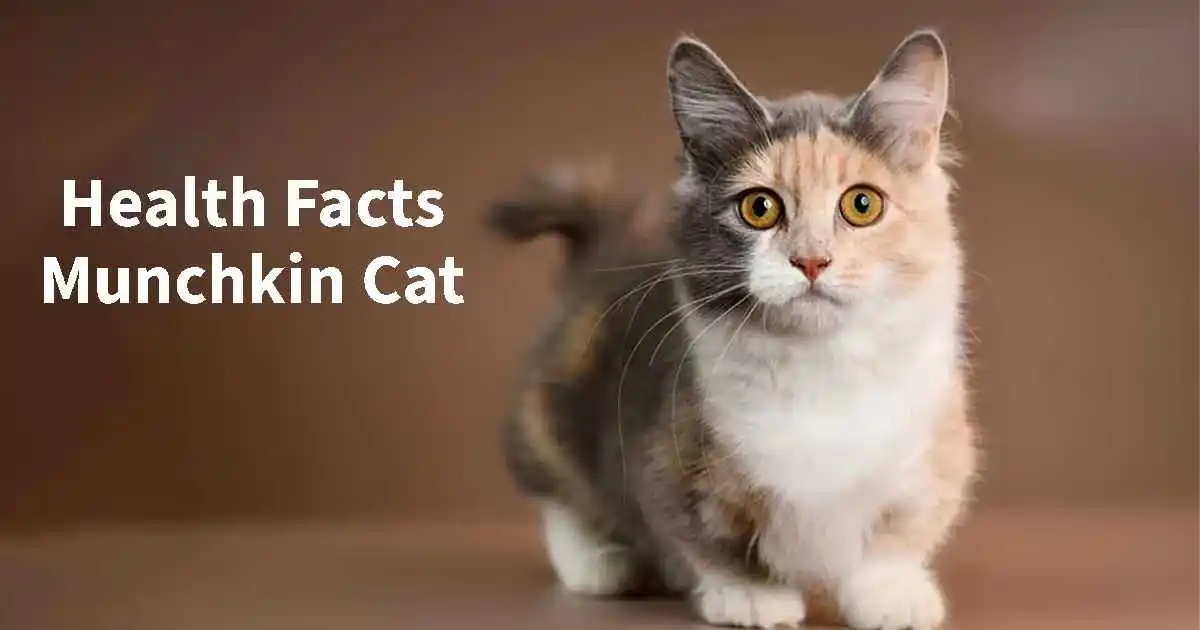
Munchkin Cat Health & Potential Issues
While generally healthy, Munchkin cats are prone to joint and spine problems due to their short legs. The most common condition is lordosis (excessive spine curvature), which can affect mobility. Reputable breeders screen for these issues to minimize risks.
Other concerns include arthritis, pectus excavatum (sunken chest) and obesity (since they burn fewer calories). Regular vet checkups (every 6 months) and a high-protein diet help maintain their health. Avoid overfeeding—these cats gain weight easily!
Preventative Care Tips:
✔ Weight management – Measure food portions
✔ Joint supplements – Glucosamine for mobility
✔ Low-impact exercise – Play sessions to stay active
✔ Annual X-rays – Monitor spine/joint health
✔ Pet insurance – Covers potential hereditary issues
With proper care, Munchkin cats live long, happy lives—but responsible breeding is key to reducing health risks.
The Ethics of Owning a Munchkin Cat
The breeding of Munchkin cats is highly debated. Critics argue that intentionally breeding for short legs is unethical, comparing it to “designer dog” trends that prioritize looks over health. Some countries (like parts of Europe) ban their breeding.
Supporters claim that well-bred Munchkins have no more health issues than other cats. Ethical breeders conduct genetic testing and avoid pairing two short-legged cats (which can lead to lethal genes). Adoption is a great alternative some Munchkins end up in rescues!
Ethical Considerations:
✔ Avoid “teacup” or “rug hugger” breeders (extreme traits = higher risks)
✔ Ask for health clearances (spine, heart, joints)
✔ Consider adopting instead of shopping
✔ Research local breeding laws (some regions restrict them)
✔ Spread awareness—don’t support irresponsible breeding
Love Munchkin cats? Choose adoption or ethical breeders to ensure their well-being.
Where to Get a Munchkin Cat: Adoption vs. Buying
Munchkin cats are expensive, ranging from $800–$3,000 from breeders. Prices depend on coat type, pedigree, and rarity (e.g., Sphynx mixes cost more). Always visit breeders in person—avoid online scams selling “discounted” kittens.
Adoption is cheaper ($100–$400) but rare. Check specialty rescues or Persian/Ragdoll shelters—sometimes Munchkin mixes end up there. Websites like Petfinder occasionally list them.
Buying Checklist:
✔ Health guarantees (at least 1 year)
✔ Kitten’s parents on-site (verify leg length)
✔ Vaccination records (up-to-date)
✔ No “non-standard” loopholes (avoid sketchy terms)
✔ Contract (spay/neuter agreement, return policy)
Whether adopting or buying, do your research—your cat’s health depends on it.
FAQs
1. Are Munchkin cats in pain?
Most live pain-free lives, but poor breeding can cause joint/spine issues. Always choose health-tested lines.
2. Can they jump on furniture?
Yes, but not as high as regular cats. Provide steps or low cat trees to help them.
3. Do Munchkin cats shed?
Depends on their coat—long-haired Munchkins shed more. Weekly brushing helps.
4. How long do they live?
12-15 years with proper care (similar to other cats).
5. Are they hypoallergenic?
No, but hairless Munchkins (Sphynx mixes) produce fewer allergens.
Conclusion
Munchkin cats are undeniably charming with their playful personalities and unique appearance but they’re not for everyone. If you’re drawn to their stubby legs and lively nature, remember that responsible ownership starts with choosing ethical breeders or considering adoption to avoid supporting harmful breeding practices. Their potential health risks mean they require extra care, regular vet checkups, and a safe home environment where they can thrive without straining their joints.
